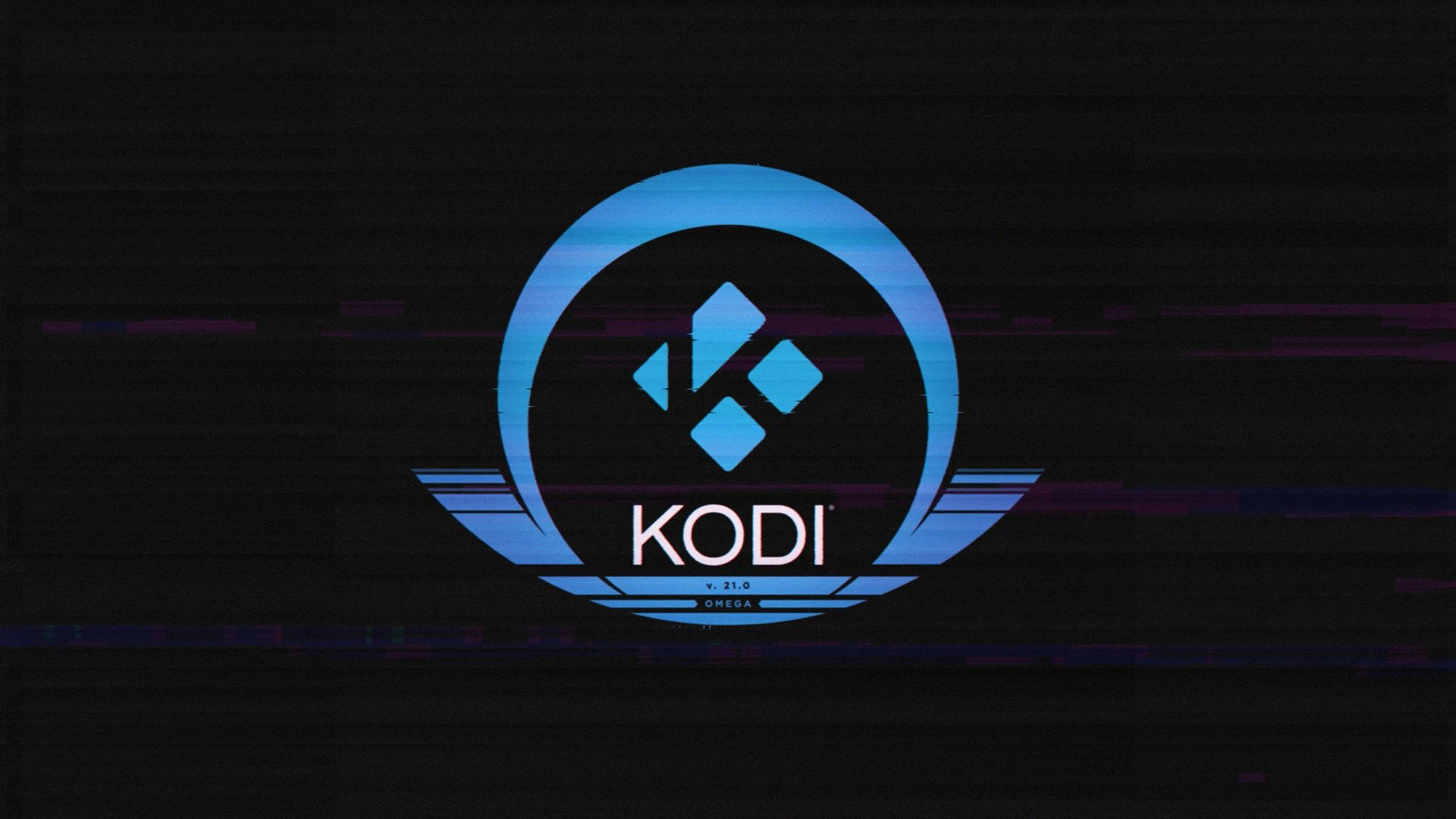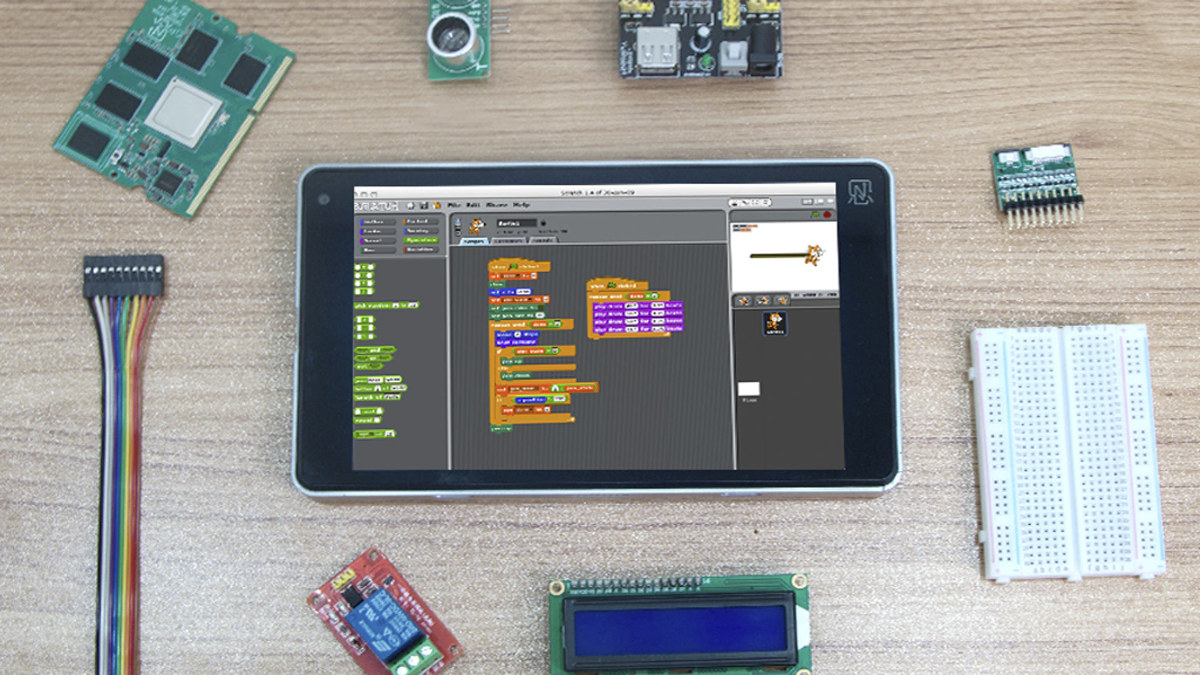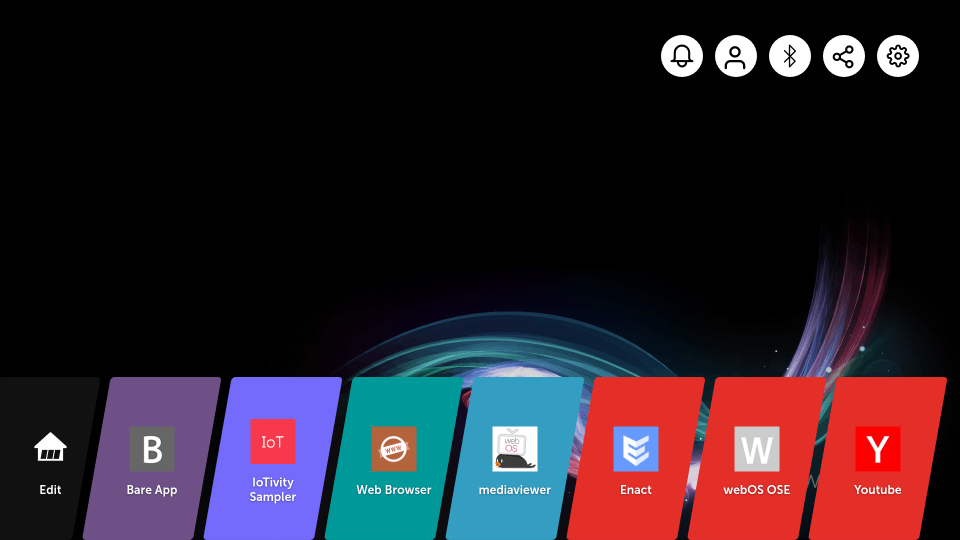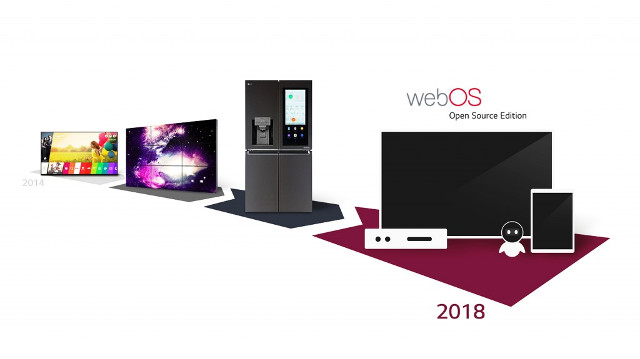Kodi 21.0 “Omega” has just been released with the latest version of the open-source media center adding 3,750 commits since the release of Kodi 20.0 “Nexus” on January 15th, 2023 that notably added AV1 hardware decoding in Android and x86. The new Kodi 21.0 version updates FFmpeg to version 6, adds native support for LG webOS televisions after some reverse-engineering, and implements new features such as Dolby Vision on-the-fly profile conversion in Android, native windowing in macOS that does not rely on the SDL library, and an in-game player viewer to view which game port each player’s controller is currently connected to. Most of the changes were not user-facing and instead, were under-the-hood improvements to the stability, performance, and security of Kodi. You’ll find more changes in the Kodi 21.0 Alpha/Beta/RC pre-release announcements and the complete list of changes on GitHub. That also means Kodi v22 “P*” development has started. […]
Ntablet Android & Linux Tablet Features a Replaceable RK3288 CPU Module, GPIO Board
Most tablets on the market either run Android or Windows, and while some have tried to launch Linux tablets, none of the products have really caught on, although the upcoming PINETAB might change that. Another option might be Ntablet 7″ tablet that runs either Android, Debian or WebOS Linux operating systems, but also offers some innovative features such as a replaceable Rockchip RK3288 CPU module, and an external GPIO board for makers. Ntablet hardware specifications: SoC – Rockchip RK3288 quad-core Cortex-A17 processor @ 1.8 GHz with Mali-T760 quad-core GPU System Memory – 2GB LPDDR3 Storage – 16GB eMMC flash, MicroSD card slot up to 32GB Display – 7″ touchscreen IPS display with 1920×1200 resolution Video Output – Micro HDMI port Audio – 3.5mm headphone jack Camera – 5MP front-facing camera (OV5648 sensor) Connectivity – 802.11b/g/n/ac WiFi 5 and Bluetooth 4.0 via Ampak AP6255 module USB – 1x USB 2.0 port, […]
webOS OSE 2.0 Adds Support for Rapsberry Pi 4, Dual Displays, FOTA and More
Back in March 2018, LG unveiled webOS Open Source Edition optimized for Raspberry Pi 3 board. Last month, the company released a major version with webOS OSE 2.0 adding support for Raspberry Pi 4, dual displays, FOTA support and more. We missed the release at the time but caught up as LG just released a minor update with webOS OSE 2.1 a few days ago that adds a Japanese keyboard, uses journald, and provides various fixes and improvements. Some of the new features of webOS OSE 2.x include: Dual-display support which will eventually enable multi-display support for rear-seat entertainment (RSE) systems Firmware-Over-the Air (FOTA) Smack integration for enhanced security New passenger-friendly and touch input optimized Home Launcher as shown above WiFi tethering support via SoftAP Added support Raspberry Pi 4 (new reference hardware) Upgrade to Qt 5.12 and Chromium 72 webOS is generally known as an operating system for televisions, […]
LG Releases webOS Open Source Edition Optimized for Raspberry Pi 3
webOS, originally developed by Palm, is a Linux based multitasking operating systems with support for HTML5 and CSS3. It is now found in most (all?) new LG smart TVs, and the TV manufacturer has decided to expand the adoption of webOS by collaborating with the South Korean government and local startups, and released an open source version , webOS Open Source Edition, available publicly at http://webosose.org. webOS Open Source Edition 1.0 is said to be optimized for the Raspberry Pi 3, and the company provides build instructions on the “setting up” page of the website to build the firmware image, which you can then flash to a micro SD card. The idea is to for a community around the open source version webOS, and let different categories of developers or users contribute to the project: System UI Developers – The System UI is based on Blink and Qt, and developers […]
2D/3D Graphics Linux Demo (X11, EGL, GLES2, Qt4) on AllWinner A10 Tablet
Xlab (Maxim Kouprianov) has tested 2D & 3D capabilities of AllWinner A10 SoC (with Mali-400 GPU) on a Ployer MOMO11 Bird Edition tablet running OpenEmbedded with kernel 3.0.52+ testing X11, EGL, OpenGL ES2 and Qt4 on the platform, and the results are pretty smooth as you can see in the video below, although there appears to be some flickering in LunaSysMgr demo. The tools used in the demos are xfwm4 (Xfce Windows Manager), es2gears_x11, cube (Qt), LunaSysMgr (Qt/WebOS) and glmark2-es2. Qt4 acceleration is done via XlibGL platform which in turns uses X11-EGL. He used the Mali drivers version r3p0 (mali400-gles20-gles11-linux-x11-ump) and xf86-video-mali on sunxi-linux github repository mainly maintained by rz2k. You can get more details on how to build Mali-400 support for AllWinner A10 on http://linux-sunxi.org/Mali400, and GPU benchmark results for A10 show the drivers seem to work as expected. Jean-Luc Aufranc (CNXSoft)Jean-Luc started CNX Software in 2010 as a part-time […]
webOS Community Edition Release for HP TouchPad
Open webOS 1.0 is planned to be released in September 2012, but in the meantime, the development team has released an intermediate webOS “Community Edition” for the HP TouchPad. This code is different from the Open webOS project, and is composed of additional components from the current release of webOS for the TouchPad. The open webOS project team has been working with WebOS Internals to bring this release out for legacy TouchPad devices. Thanks to the release of the webOS Community Edition, it is now possible to learn how the TouchPad works, modify your TouchPad experience and then apply that to Open webOS 1.0 once it is released. The Community Edition only supports HP TouchPad, whereas Open webOS 1.0 release will enable the community to port webOS to different hardware platform, and add more features by using open source stacks such as BlueZ bluetooth and GStreamer. You’ll need to download […]
Status of Embedded Linux – ELC 2012
Tim Bird, software engineer at Sony, discusses recent development in embedded Linux at the Embedded Linux Conference 2012. Abstract: Tim discusses changes to the kernel, improvements to embedded-related sub-systems, and new industry initiatives likely to affect embedded Linux developers in the future. Also, Tim discusses the direction of the Linux Foundation CE Workgroup, and their contract work and projects for this year. Last year highlights are also discussed, as well as ways to continue to improve Linux going forward. Here are the key points of this presentation: Linux Kernel Version changes: 2.6.38 to 3.3-rc3 Technology Areas: Bootup Time – With improvement in the kernel, bootloader and user-space Graphics – 2D/3D implementation. New /dev/ion and CMA graphics stuffs Accelerated Rendering – e.g. Renderscript Graphics Drivers – e.g. PowerVR Multimedia – Gstreamer, Android Media Layer (stagefright) and codec wars (e.g. patent issues with WebM/VP8 that interferes open source licenses). File systems – […]
HP Releases Open WebOS 1.0 Roadmap and Enyo 2.0 Source Code
HP announced further details on webOS including a roadmap & its license and released Enyo 2.0 source code. The webOS code will be made available under the Apache License, Version 2.0, beginning with the source code for Enyo. Enyo is a Javascript development platform allowing developers to write applications that works across mobile devices and desktop web browsers, from the webOS, iOS and Android platforms to the Internet Explorer and Firefox browsers. webOS roadmap Here’s webOS roadmap until September 2012: January – Enyo 2.0 and Enyo source code released under Apache License, Version 2.0 February – Intended project governance model, QT WebKit extensions, JavaScript core and UI Enyo widgets March – Linux standard kernel, Graphics extensions EGL, LevelDB and USB extensions April – Release of Ares 2.0, Enyo 2.1 and Node services July – System manager (“Luna”), System manager bus, Core applications and Enyo 2.2 August – Build release model […]







